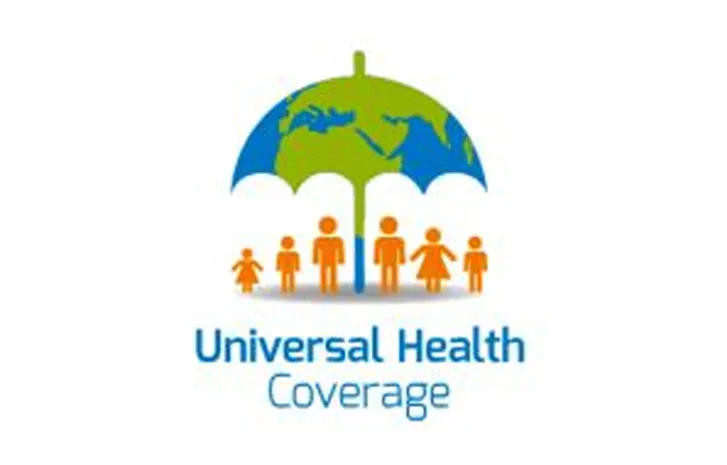
In its quest to achieve Universal Health Coverage (UHC), the Nigerian government said it is taking decisive actions to overcome the obstacles to effective delivery of primary health care (PHC) services.
The executive director of the National Primary Health Care Development Agency (NPHCDA), Dr. Faisal Shuaib recently announced the upcoming launch of an innovative initiative known as the Community-based Health Research, Innovative-training and Services Programme (CRISP) on May 22, 2023. This programme is specifically designed to address the significant challenges that exist within the healthcare system.
Science Nigeria reports that one of the key issues affecting primary healthcare delivery in the country is the inadequate number of healthcare professionals. In 2019, the Nigerian government declared a state of emergency due to the high number of maternal and child deaths occurring daily.
To address this urgent matter, the NPHCDA established the National Emergency Maternal and Child Health Intervention Centre (NEMCHIC) as a coordination centre for reproductive, maternal, newborn, child and adolescent health, as well as nutrition in Nigeria. Through NEMCHIC, the agency has been implementing various high-impact interventions across the country to reduce preventable maternal and child mortality rates.
One crucial intervention is the provision of skilled health workers in PHC facilities. The availability of skilled health workers is vital in reducing maternal, perinatal and neonatal morbidity and mortality. To advance primary healthcare in the country, the Federal Ministry of Health and NPHCDA held a well-publicised PHC summit in March 2022, where they presented a four-point agenda for reimagining PHCs.
As part of this agenda, the country recognised the need to address gaps in the adequacy and distribution of healthcare professionals at the primary healthcare level. To inform their actions, a national health facility assessment was conducted in 2022. The findings revealed that only 1.8 per cent (463 out of 25,843) of the primary healthcare facilities in Nigeria had the required minimum number of skilled birth attendants (SBA), which is four per facility. Moreover, there is an unequal distribution of available SBAs across the country.
CRISP, the newly launched initiative, is a partnership between teaching hospitals, federal medical centres, the National Primary Health Care Development Agency, state primary health care boards, local government health authorities and communities. Its main objective is to support primary healthcare development by increasing the number, retention and quality of a committed multidisciplinary healthcare workforce, including facility outreach and community-based health workers. Effective management supervision, appropriate compensation and involvement of resident doctors from teaching hospitals in rural areas will help improve the quality of care at the PHC level.
Furthermore, the NPHCDA plans to recruit and deploy human resources for health (HRH), such as skilled birth attendants, medical doctors, midwives, nurses, and community health extension workers, to priority PHC facilities across the country. This effort is crucial because 80 per cent of maternal and child deaths in Nigeria occur at the community level, primarily due to the lack of skilled health workers in PHC facilities. The challenge lies in the fact that PHC centres are less attractive to healthcare professionals who prefer urban secondary and tertiary health facilities. However, scientific evidence shows that skilled health workers trained in maternal, labor, and newborn care (MLSS) can significantly reduce maternal and newborn mortality rates in low and middle-income countries.
The CRISP initiative will be implemented at scale, involving teaching hospitals and federal medical centres nationwide. It will deploy resident doctors from these institutions to PHC facilities, providing service provision and on-the-job capacity building for PHC health workers. The implementation will be carried out in a phased manner across all 36 states of the Federation, including the Federal Capital Territory (FCT).
Funding for the CRISP initiative will come from the government of Nigeria, with support from development partners and philanthropists. The Nigerian government places a high priority on the health and well-being of its people, recognising that the nation’s wealth lies in the health of its citizens. They call for understanding and support to address the need for human resources for health at the primary healthcare level.
In conclusion, Nigeria is taking significant steps towards improving primary healthcare delivery to achieve universal health coverage. The launch of the CRISP programme and the focus on strengthening the healthcare workforce are essential milestones in addressing the challenges that have hindered effective PHC services. By prioritising human resources for health and ensuring their distribution across the country, Nigeria aims to reduce maternal and child mortality rates and enhance the overall health and well-being of its population.

